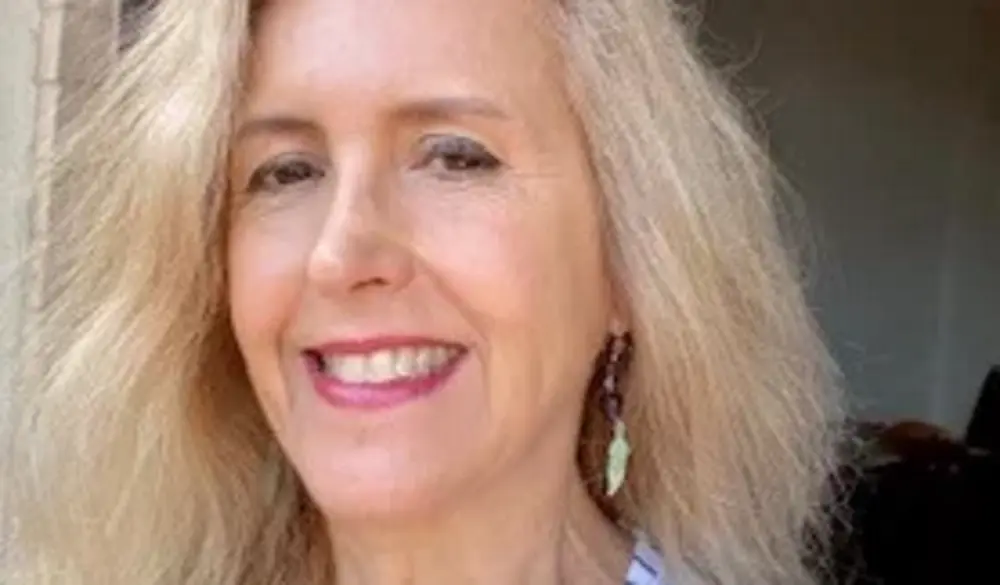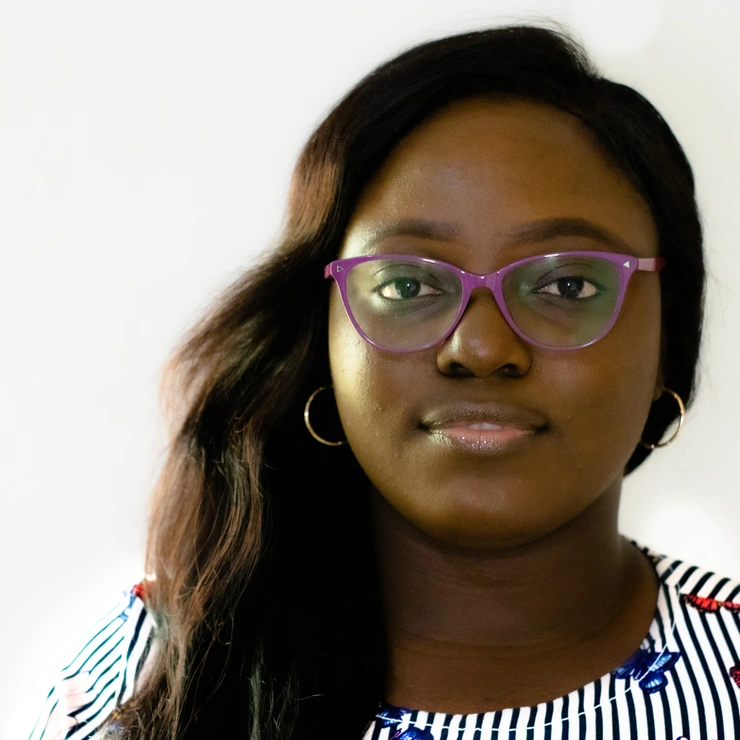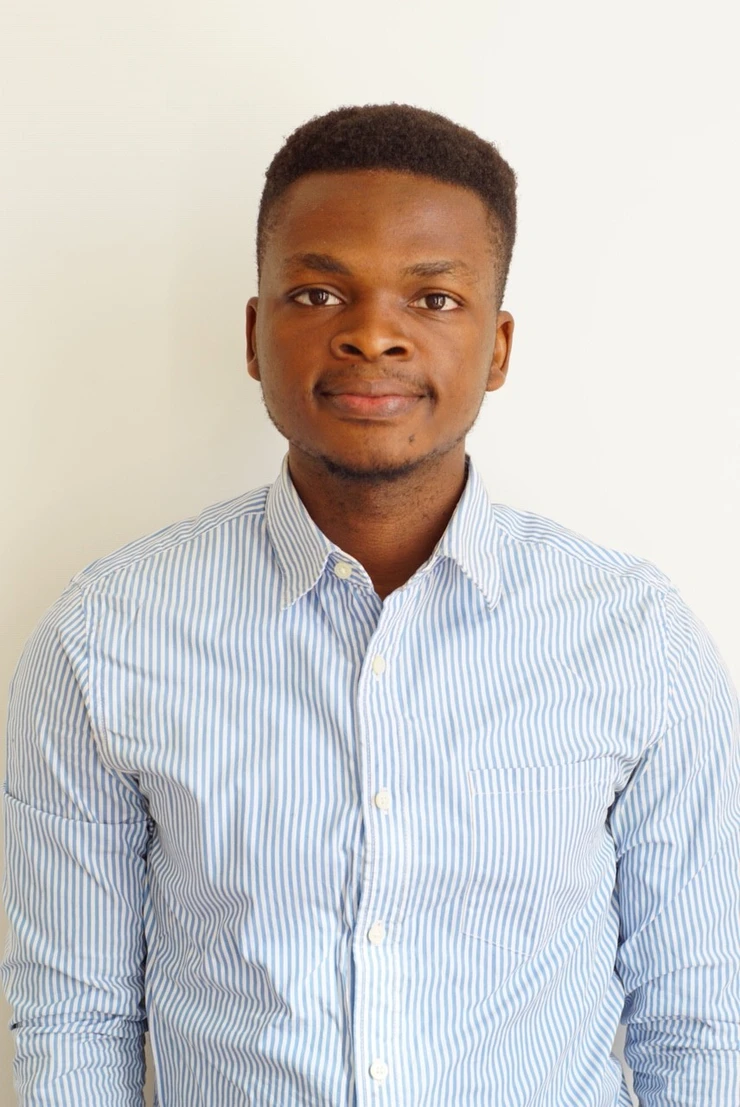The Bulletin Interviews Prof. Mariana Llanos

Prof. Mariana Llanos has been jointly appointed by the Faculty of Economics, Law and Social Sciences and the German Institute for Global and Area Studies (GIGA) in Hamburg to the associate professorship for "Democratic Institutions in the Global South" at the University of Erfurt.
This interview was held on June 13, 2021.
Can you tell us about yourself, including your academic and professional background?
I am a political scientist working on comparative political institutions; Latin America is my region of specialization, although in my research I sometimes undertake cross-regional comparisons as well. I am currently a Lead Research Fellow at the GIGA Institute for Latin American Studies and I am the head of the GIGA’s Research Program 1 “Accountability and Participation.” I studied political science in Argentina, my country of origin, and then I did my PhD at the University of Oxford in England, where I graduated in 1999 with the thesis Privatisation and Democracy in Argentina (Palgrave, 2002). I moved to Hamburg with my young family in the early 2000s. My first academic job in Germany was as a postdoc researcher in a DFG project developed at the GIGA. The project compared bicameral legislatures in Latin America. I have been in Hamburg and the GIGA since then. My research interests have further developed and moved from some specific topics to others, but I have always remained in the field of comparative political institutions.
How did you first learn about the University of Erfurt and the Brandt School? What was your first impression? What are your favourite things about the University of Erfurt and the Brandt School that convinced you to join us? How do you feel about your new role at the University of Erfurt? Have you already had a chance to get yourself acquainted with the campus and the city?
I am looking forward to Erfurt, the city and the university! Due to the pandemic, my application process was completely online, and I have not had the chance to meet anyone in person yet. However, I am already taking part in online meetings and conversations with the Erfurt colleagues. I feel myself warmly welcome. I first learnt about the university through the Willy Brandt School of Public Policy. I particularly liked how research and teaching are linked to relevant social problems there. I also found the international profile of the students very appealing. I see many similarities to the GIGA, where we work on four regions of the world – Asia, Latin America, Middle East, and sub-Saharan Africa. Our research also engages with real world problems.
What is your favourite part of being in the research and teaching profession?
This is a very interesting question. Three words occur as important to me. The first is curiosity. When for whatever reason I feel confronted to a (research) question, I begin to explore the paths to answer it. This searching journey brings a lot of fun and has no end: once you have found your answers, the new questions are already appearing out there for you. The second word is depth. I enjoy going to the bottom of things, instead of remaining at the surface. It is not easy and takes time, but you get to understand things better while doing research. Another important word for me would be engagement, both with the problems of our time by doing research and teaching in the social sciences, and with the new generations, by training them in the analysis of democratic institutions and their implications, and hopefully awaking their interest in the field as well.
You have been working in the field of political science for over two decades now; are there any books on the subject that have influenced your work?
Yes, I have been in this profession for a long time and there are many people whom I am thankful for their contribution to my own research. My interest in the functioning of political institutions goes back to my student years in the late 1980s, when we were trying to understand the processes of democratisation that had been taking place in Latin America since the late 1970s and the prospects of democratic survival. Many colleagues of my generation felt the need to understand the functioning of the democratic institutions that had eventually begun to work regularly. The works by Juan Linz had a special significance to all of us, especially his writing on “the perils of presidentialism," which at that time circulated as an unpublished manuscript among the Latin American scholarly communities, including students like me. Guillermo O'Donnell, one of Argentina's most respected political scientists, is an important influence as well. I worked a lot with his concepts of "delegative democracies" and "horizontal accountability" when writing my dissertation, and today I still draw on his writings for my teaching and research.
How has the field of political science changed in the last couple of decades? What innovative methods do you deploy while teaching?
In my area of research, there has been a shift of interest from the topic of democratization to the studies on democratic backsliding. This of course accompanies global trends in the direction of de-democratization. Our accumulated and ongoing research on political institutions, which began to flourish in the past thirty to forty years, helps to understand how these processes occur, despite dealing with new questions, i.e., the crisis of representation, the advancement of populism, the emergence of new social movements, etc. Very helpful is also the mounting collection of empirical data in all world regions and at a global scale, although these important and innovative endeavours are certainly limited and there is always a lot to be done. Besides innovations, there are old questions that remain relevant for the understanding of new processes, such as the ones that have recurrently intrigued me: under what conditions powerful executives in consolidating democracies can be rendered accountable, how incumbents go about institutional constraints, and what the impact of troublesome inter-institutional relations is on the quality of democracy and democratic survival. I would like to disentangle some of these questions with the students, through lively discussions and involved exercises on our readings.
Can you give us some specifics about your research interests and some of the courses we should expect from you at the University of Erfurt and the Brandt School?
My research concerns have always been around the presidential office, the executive power in Latin America. I investigate how - and whether it is possible at all - to limit this power in new and consolidating democracies. I am currently working on two DFG-funded projects. One is about presidents’ attempts in Latin America and in sub-Saharan Africa to extend their term of office – by using diverse means, for example, by changing the constitution. We are investigating about 110 cases of presidential term-limit-reforms within this project. In the second project, we look at how the judiciaries in Latin America communicate with the public, and why they do it in this way. One of our recent papers is called "High Courts and Social Media in Latin America." I also have published on presidential interruptions and impeachments in Latin America, which a classical topic in my research agenda. A new DFG project on the impact of the Covid 19 pandemic on the personalisation of power was recently approved. In this project, we are going to study 36 countries, from Mexico to China. Of course, I do not do all this alone. I am able to carry out this comprehensive research agenda thanks to the collaboration with my excellent colleagues at GIGA. Finally, in 2018 the Leibniz Association supported my proposal to develop the project "Democratic Institutions in the Global South." This project has just started and will be closely connected to my teaching activities in Erfurt.
What other objectives do you aim to achieve during your time at the University of Erfurt and the Brandt School?
I look forward to the academic exchange with many new, interesting people. I am sure that this cooperation with the University of Erfurt will allow us to find many interests in common and will be very enriching for all of us.

About the interviewers
Oluwatosin Adeagbo is a first year MPP student at the Willy Brandt School, specializing in Social Entrepreneurship & Non-Profit Management and International & Global Public Policy. She holds a Bachelor's degree in Law from the University of Ibadan, Nigeria, and has been working in the Corporate and Commercial Law space in Nigeria for three years before joining the Brandt School. She specializes in Corporate Governance and Business Advisory.

Great Udochi is a first-year MPP candidate at the Willy Brandt School, specializing in socio-economic development policies and international/global public policy. He holds a bachelor’s degree in Philosophy from the University of Uyo, Nigeria, and has over two years of experience working in Nigeria’s non-profit sector.
~ The views represented in this blog post do not necessarily represent those of the Brandt School. ~